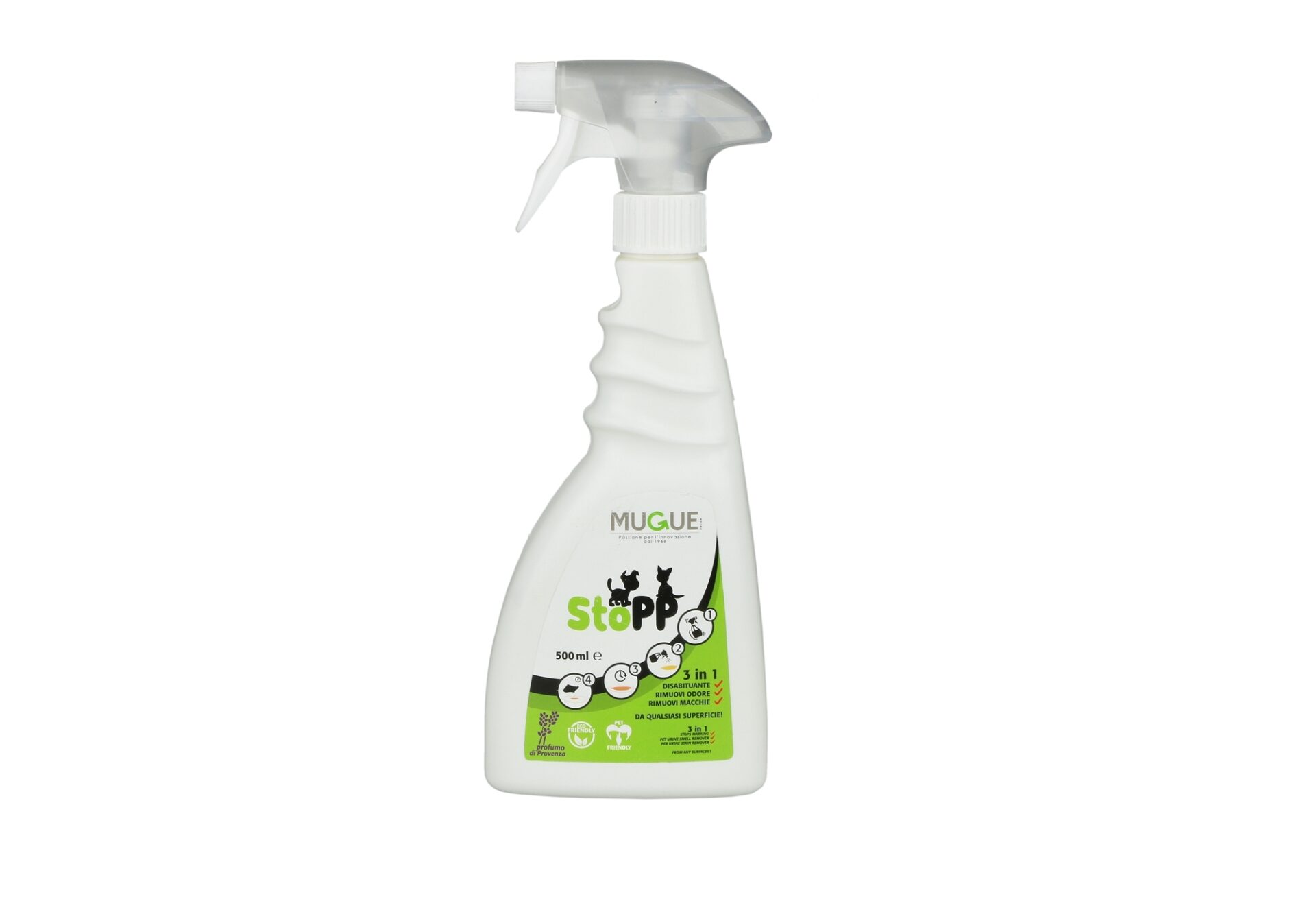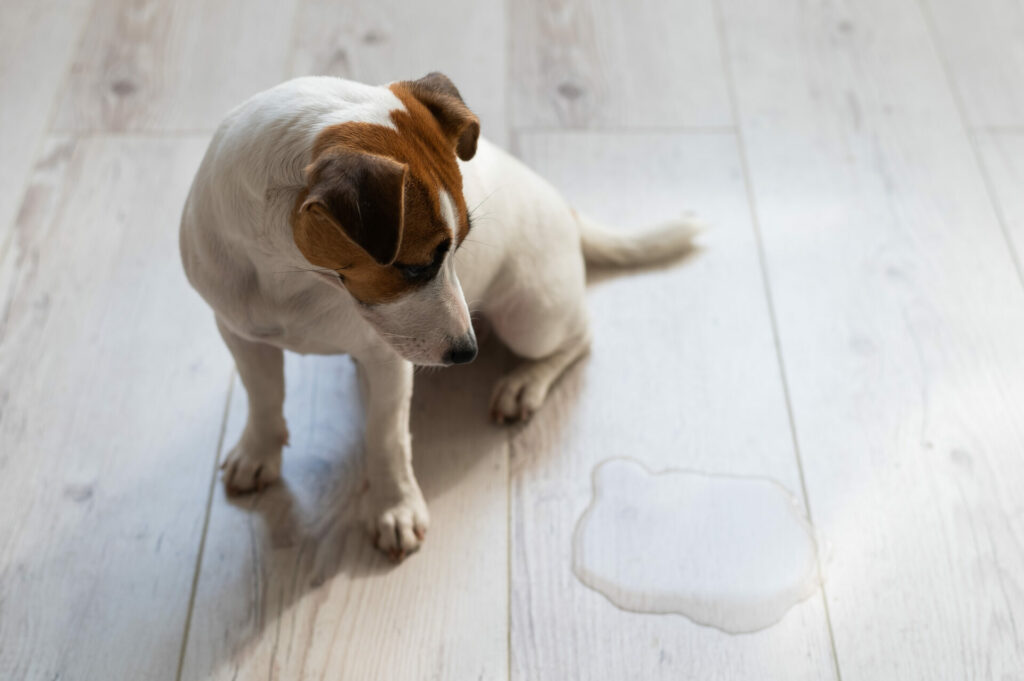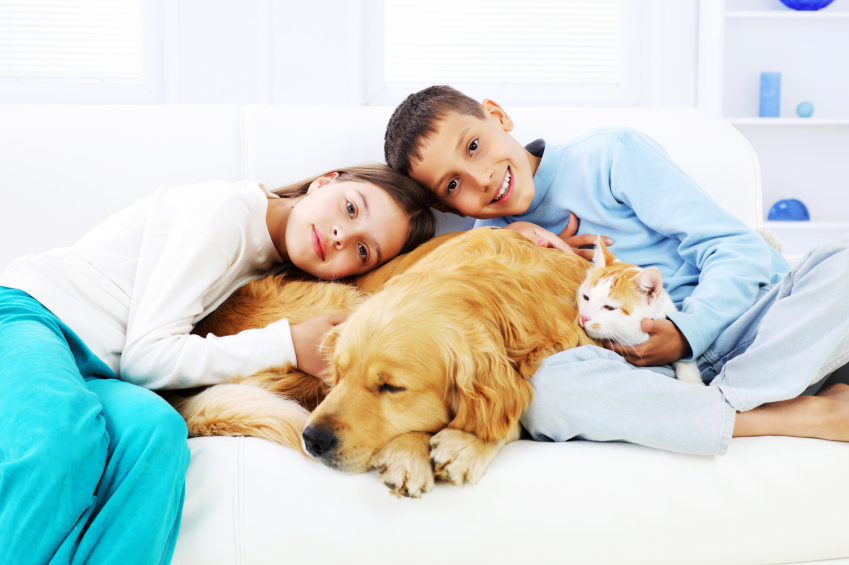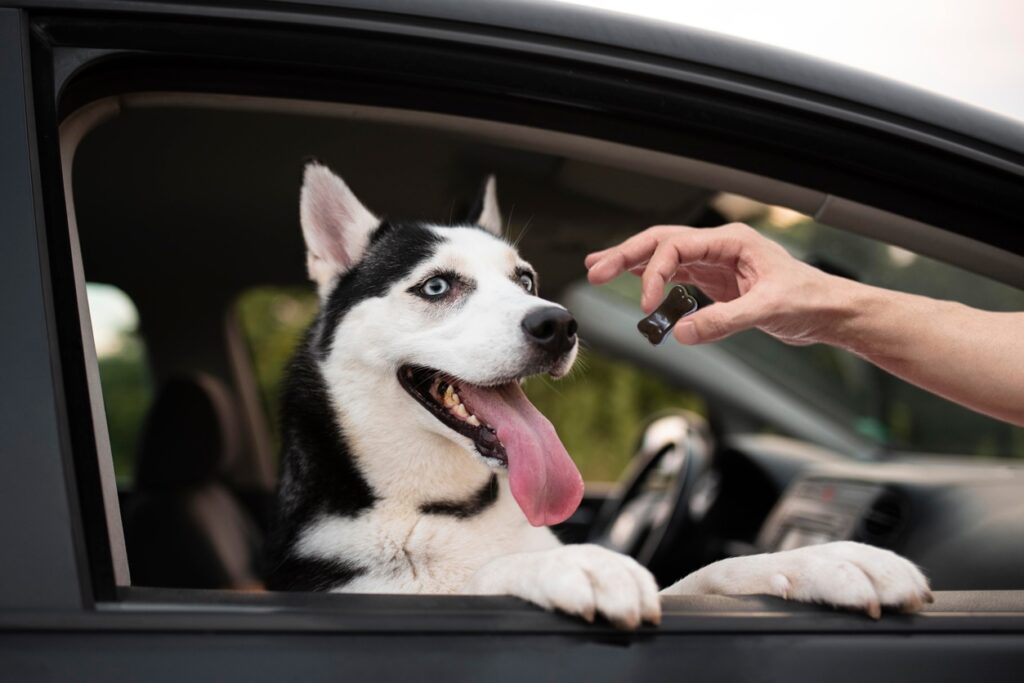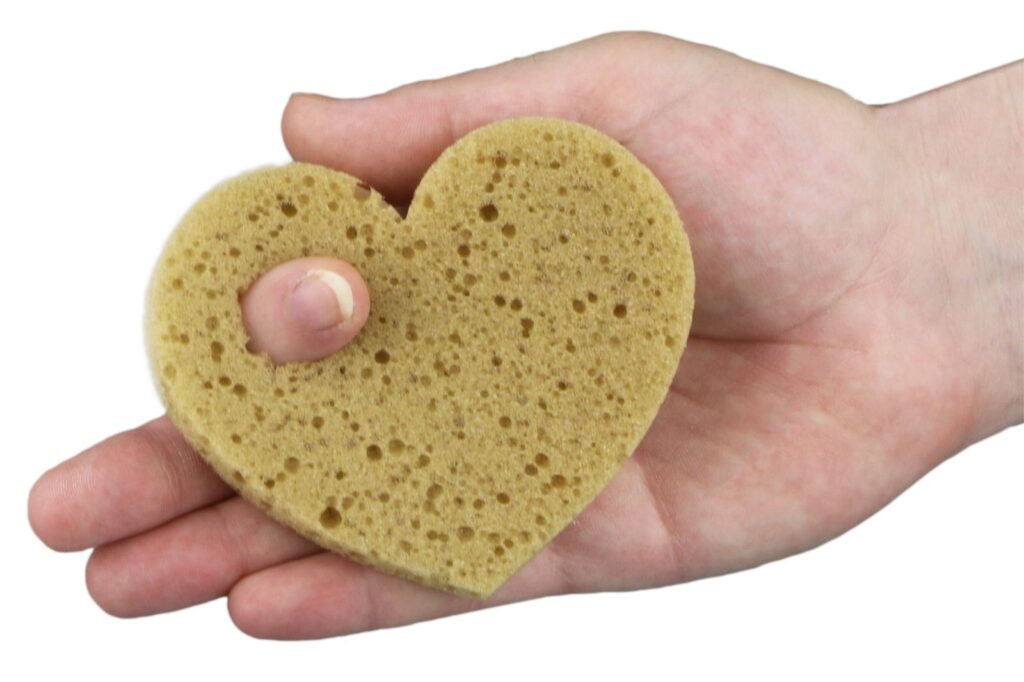You think you’ve trained your puppy not to pee indoors. You take him out regularly, make sure he can do his needs outdoors regularly. Yet, your dog continues to pee in the house. Why does this happen?
The reasons can be different. You may not have trained him properly, but there could also be a medical or behavioral cause. So let’s analyze the different cases and see what to do when it happens how to get your dog used to not doing it anymore.
What are the causes that push the dog to pee in the house
First, remember that puppies cannot control their bladder until they are around 16 weeks old. Subsequently, they can generally hold their pee for a number of hours equal to the number of months of their age plus one. So, a four-month-old puppy can only hold it for five hours. Expecting your pooch to hold himself for an entire day is unrealistic. So, make sure you can take him out every few hours or, if you can’t go out, train him to use the appropriate indoor “potties”.
However, if your dog has always peed outside, and his behavior has changed recently, the cause could be an organic or behavioral pathology. For this reason, consulting your vet if the behavior persists is a must. Tell him all the symptoms and pay attention to the changes in your four-legged friend: if he has changed his eating habits, if his pee is dark or smelly, there could be an ongoing pathology.
However, if there are no medical problems, the dog may have started peeing in the house for behavioral reasons. He may feel anxious or scared, especially if the episode occurs after a verbal scolding, after loud noises (fireworks, firecrackers), or after another animal or unknown person enters the house. Or he may not be able to contain his excitement.
In dogs with conflicting behaviors and competing emotions, excitement is accompanied by fear or submission. In fact, we speak of “submissive pee” when it is done in front of an approaching person: often the dog not only does not hold back its pee, but takes on a submissive attitude by pulling his ears back, averting his gaze or curling up. Instead, we talk about “happy peeing” when the puppy cannot hold back in front of a positive emotion, for example when he is playing with other dogs, sees a person he was fond of again, or is preparing to receive his favorite toy or a tasty food.
Finally, sudden changes such as the arrival of a new puppy or a newborn, arranging the furniture in a different way, or moving to a new home can cause the dog to pee in the house. In fact, many dogs tend to mark their territory when something new arrives and their way of doing so is to pee around.
What to do when your dog pees in the house
If your dog pees in the house, don’t scold him. Not even verbally. Whether you’re training an adult dog or a puppy, know that scolding only makes things worse. It is in fact unlikely that the dog will understand why you are screaming, especially if there is a certain amount of time between when he pees and when you find out. At most, he might learn not to do it in front of you out of fear, but he could easily get into the habit of sneaking into another room to do it.
Remember that a dog that pees in the house is not mischievous, stubborn, or mean. We must therefore remain calm, clean everything, and observe it. If it is a sporadic episode, further investigation is not necessary. Otherwise, it is essential to make an appointment with the vet to check that there are no urinary tract infections or pathologies such as diabetes, kidney problems or prostate diseases.
How to train your dog not to pee in the house
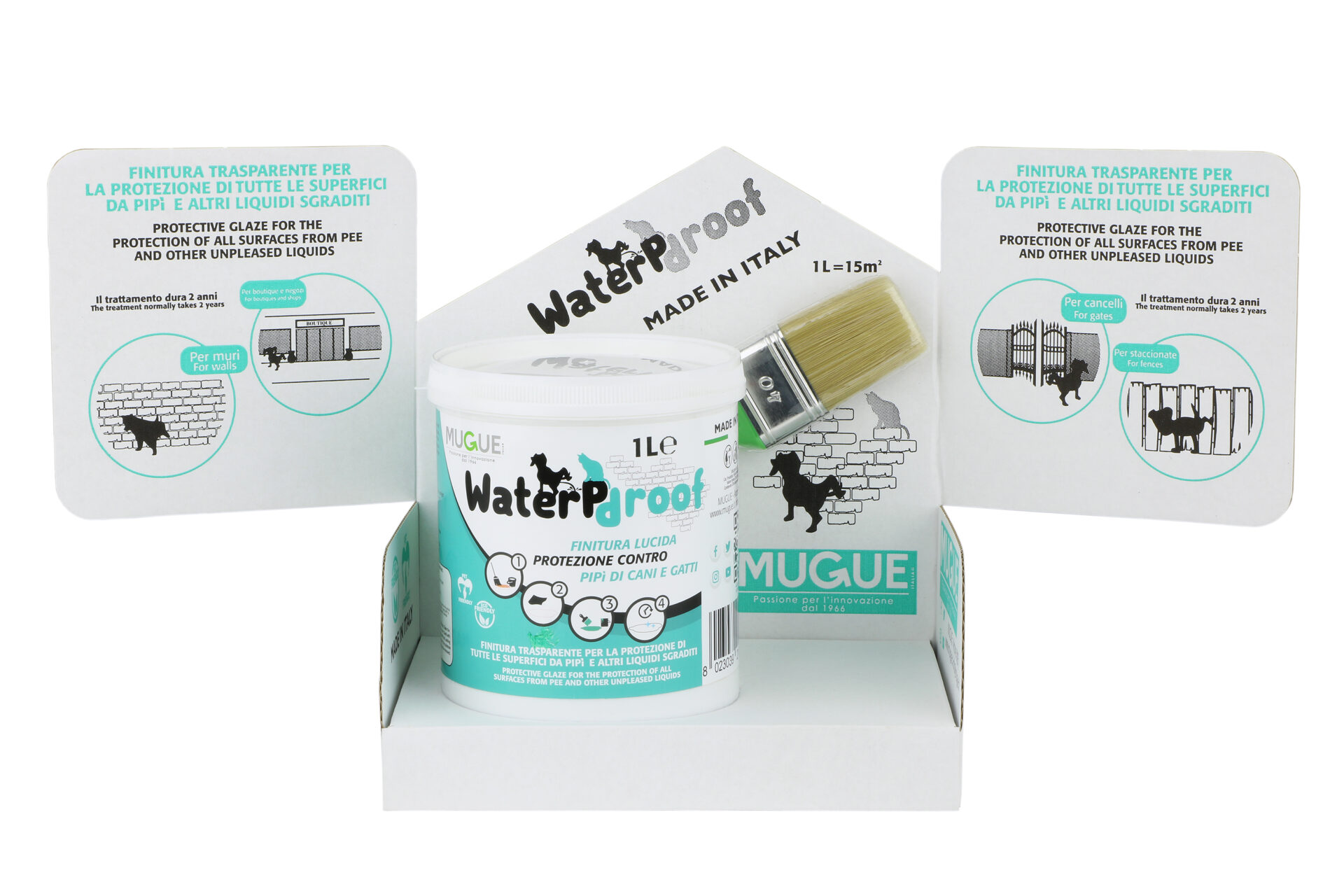
Puppies, obviously, will never arrive at home fully trained. Not even if you buy them from an excellent breeder.
The secret to good training is to simply take your dog out often, and then reward him for doing his business outside. Even if it seems easy, know that a training can be considered completed after three weeks without “accidents”.
To prevent accidents, make sure you always have shoes, coat and treats on hand. This way you will always be ready to take your dog out if he starts sniffing around too much, or if you notice other behaviors that suggest he needs to pee.
If he then pees in the house, clean immediately and thoroughly: dogs have a highly developed sense of smell, and they smell odors that we don’t notice. Among the best products we find PP Hurrah, a super absorbent powder that solidifies pee and unwanted liquids in seconds, and the StoPP 3 in 1 spray, capable of effectively removing urine stains and odors, also acting as a habit remover. Water PProof is instead a transparent finish to protect porous and compact surfaces from pee, water, and dirt. Three precious allies that will make your life easier!
